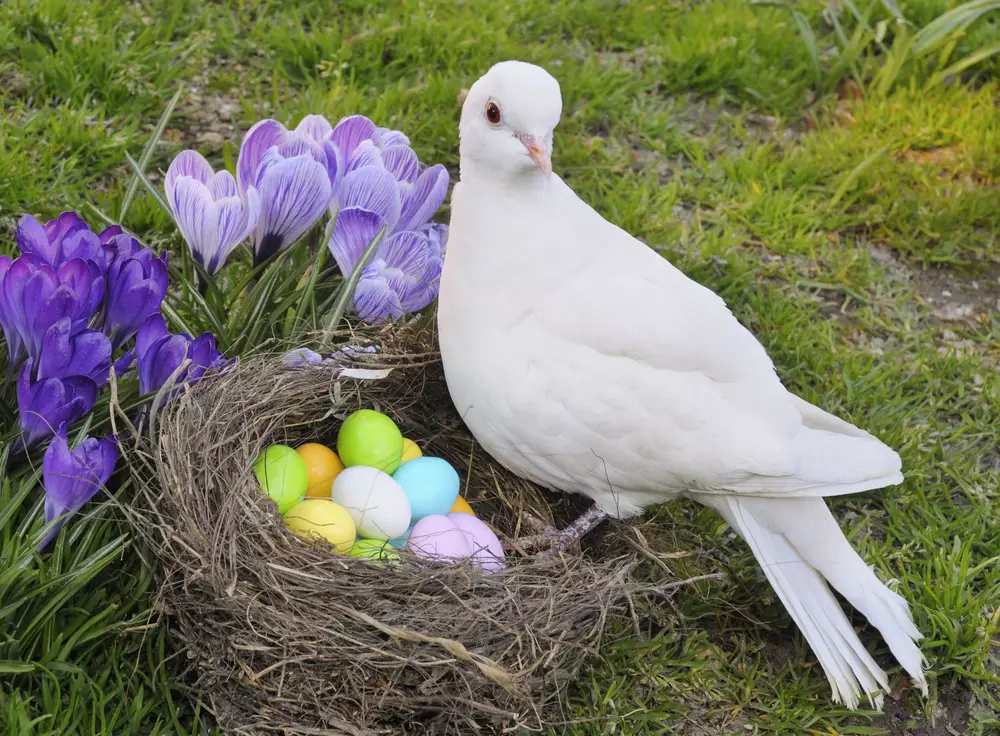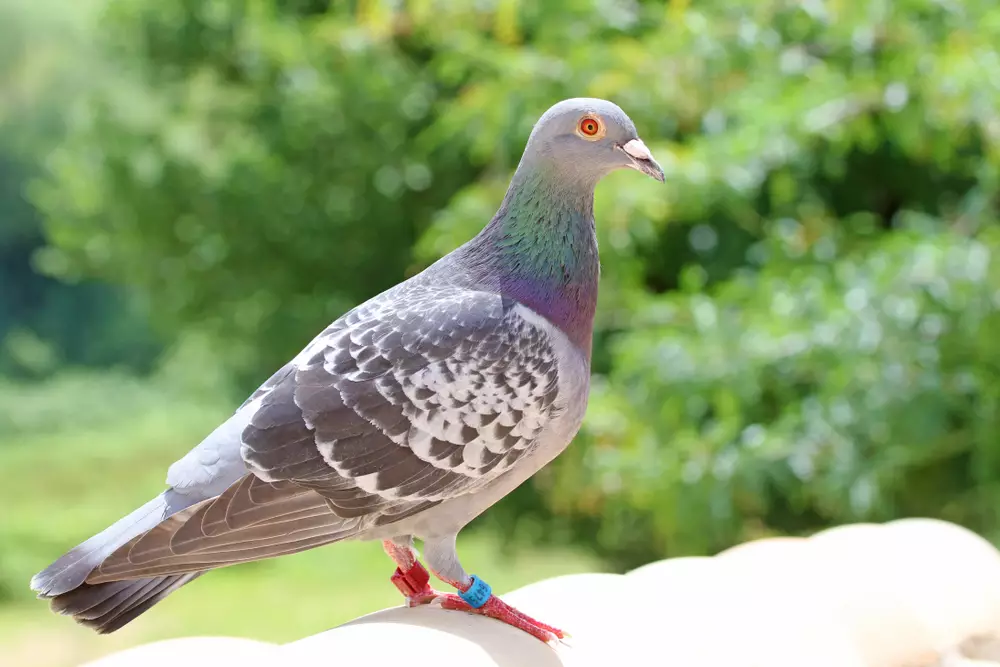Pigeons are fascinating birds, known for their intelligence, their remarkable homing instincts, and their ability to adapt to a variety of environments. As pets, they can provide an enormous amount of joy and companionship, especially when they are cared for properly. Their curious nature, cooing sounds, and sociable demeanor make them a delight to have around.
Pigeon care is not a herculean task. It requires knowledge of their needs and habits, alongside a commitment to their well-being. Key aspects include appropriate housing, balanced diet, regular exercise, health care, and understanding their behavior.
Caring for pigeons is a rewarding responsibility that extends beyond mere pet ownership. It is an opportunity to learn and appreciate these unique creatures’ fascinating ways and make a positive impact on their lives.
Selecting the Right Pigeon
Choosing the Species
Different species of pigeons have different needs and temperaments. Researching beforehand ensures you select the species that aligns with your expectations and capabilities. For instance, homing pigeons are known for their navigation skills, while fancy pigeons are admired for their unique looks.
Understanding Pigeon’s Needs
Pigeons, like all pets, have specific requirements. They need a balanced diet, a safe and comfortable environment, regular exercise, and appropriate healthcare. Understanding these needs ensures the well-being and happiness of your feathered friend.
Housing Your Pigeon
Ideal Cage Dimensions
Pigeons need ample space to move around. A spacious cage or pigeon loft is essential. As a rule of thumb, the cage should be at least 2 feet wide, 2 feet deep, and 3 feet high for a single bird.
Pigeon Loft Essentials
A pigeon loft should include perches, nesting areas, feeding and watering stations, and adequate ventilation. It should also be secure from predators and adverse weather conditions.

Feeding Pigeon
Nutritious Diet Basics
A pigeon’s diet should include grains, seeds, greens, and occasional fruit. They also need grit, which aids in digestion and provides essential minerals. Pigeon feed or a mix of grains like corn, wheat, and barley can form the bulk of their diet.
Unsafe Foods to Avoid
Certain foods are detrimental to pigeon health. These include caffeine, chocolate, alcohol, salty and sugary foods, and certain fruits like avocados.
Keeping Pigeon Hydrated
Importance of Water
Water is vital for a pigeon’s health. It aids digestion, regulates body temperature, and helps maintain overall bodily functions.
Refreshing Water Supply
Ensure your pigeon has constant access to fresh and clean water. Regularly clean the water containers to prevent the growth of harmful bacteria.
Pigeon Health Care
Regular Check-ups
Pigeons should have regular veterinary check-ups to ensure they’re healthy. Routine check-ups can detect potential health issues early, improving chances of effective treatment.
Common Pigeon Diseases
Pigeons can be susceptible to diseases such as Paratyphoid, Pigeon Pox, and Canker. It’s essential to know the symptoms of these diseases and seek veterinary help promptly if any are detected.

Pigeon Behavior
Common Actions and Meanings
Pigeons express themselves through various behaviors. A bobbing head often signifies interest, while ruffled feathers can indicate distress. By understanding their behavior, you can provide a supportive and enriching environment.
Responding to Pigeon Needs
Prompt responses to a pigeon’s needs will enhance their quality of life. This includes providing comfort during times of stress, facilitating social interaction, and offering a balanced diet.
Exercise and Stimulation for Pigeons
Importance of Flight and Exercise
Exercise, particularly flight, is critical for a pigeon’s health and happiness. It promotes muscular development, cardiovascular health, and mental stimulation.
Toys and Activities for Engagement
Pigeons benefit from mental stimulation. Toys, puzzles, and interactions with their human caregivers can be beneficial.
Pigeon Grooming
Cleaning and Bathing Needs
Pigeons enjoy bathing and it’s an important part of their grooming. Provide a shallow dish of water for them to splash around in and clean their feathers.
Safe Handling of Pigeons
Proper handling is crucial when caring for pigeons. Always approach them calmly, handle them gently, and ensure their comfort and safety during grooming.
Frequently Asked Questions
What should I feed my pigeon?
Pigeons should be fed a balanced diet that includes grains, seeds, greens, occasional fruit, and grit. Pigeon feed or a mix of grains can be the main part of their diet.
How often do pigeons need to be bathed?
Pigeons love to bathe and should be provided with a shallow dish of water for bathing as often as possible. This helps them maintain clean and healthy feathers.
How can I tell if my pigeon is sick?
Signs of illness in pigeons may include changes in behavior, loss of appetite, weight loss, unusual droppings, or visible symptoms like ruffled feathers or discharge from eyes or nostrils. If you observe any of these signs, seek veterinary help immediately.
Conclusion
Taking care of a pigeon is a task that requires knowledge, patience, and a commitment to their well-being. Providing them with a spacious habitat, a nutritious diet, ample exercise, and regular health check-ups are key to their overall health and happiness.
The bond between a human and a pigeon can be a beautiful and rewarding experience. It goes beyond traditional pet ownership, offering a unique opportunity to understand these wonderful creatures better. And in the process, we enrich not just their lives, but ours too.
So, as you embark on this journey of pigeon care, remember to keep their needs at the forefront. Your feathered friend will thank you with a lifetime of coos, companionship, and the sheer joy they bring into your life.